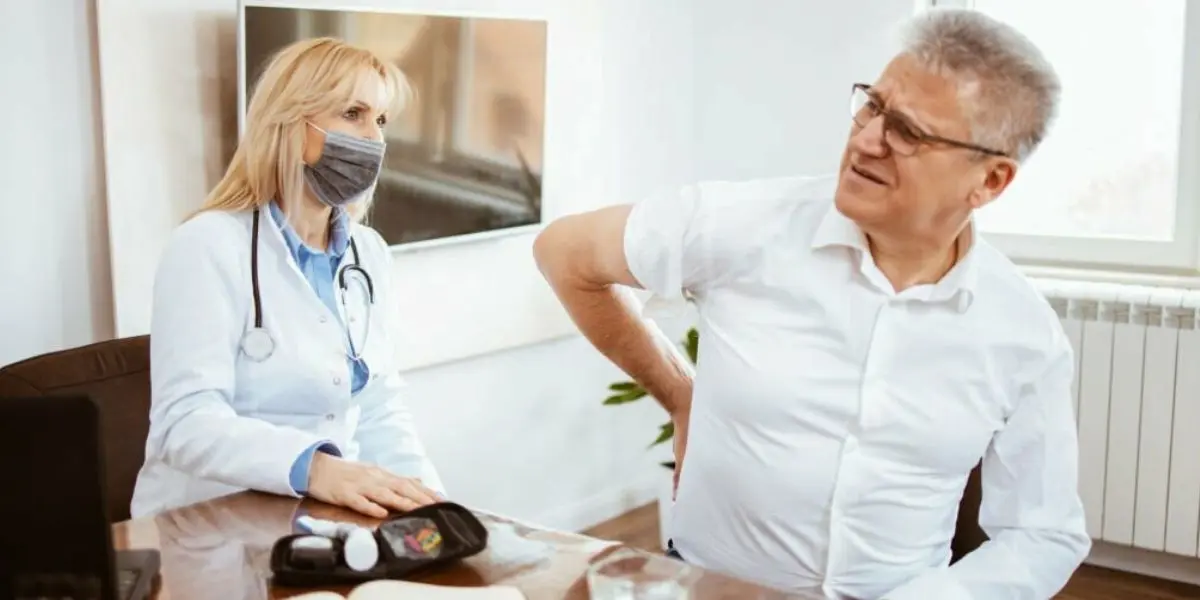It is true that getting an infection with your kidneys can be troublesome since kidney functions are closely associated with so many different physiological functions. But. is it associated with bloating and other gastrointestinal issues too? Come, let’s find it out. In this article, we will be discussing everything in detail regarding the relationship between bloating and kidney infections.
Understanding this relationship really well can help you suspect your health issue, seek an expert consultation, get the diagnosis done at the right time, and follow the prescribed treatment or medication. This article may also include some tips and tricks that can help you reduce the pain and discomfort while enduring a kidney infection and bloating side by side.
How Do Kidney Infections Affect Your Body?
Kidney infections happen when bacteria enter into the organ. This happens mostly through the urinary tract. Women and people with UTI infections, diabetes, and other diseases are more prone to kidney infections.
Gas, bloating, chills, and fever are some of the symptoms of kidney infections. However, antibiotics, painkillers, and hospitalised treatments may easily cure the condition. You may also prevent such infections by hydrating yourself regularly, urinating without delays, and also by maintaining good personal hygiene.
Gastrointestinal Issues And Kidney Infections; How They Are Related?
Kidney infections also come with the issue of inflammation. When inflammation is caused to the intestinal organs, it may irritate the walls of the same and thus cause digestive issues such as bloating, and gas. Apart from that, most of the medications prescribed for kidney infections would be antibiotics. These antibiotics may disrupt the balance of bacteria inside the gut, again causing digestive issues.

Digestive issues such as constipation may also cause kidney infections when the bacterial infections in the colon reach the kidney. Taking too many antacids has also been found to be a solid cause of kidney infections, by reducing the acid levels in the stomach and thereby providing a favourable environment for the spreading of bacteria.
However, just because you experience gas and bloating, you may not be having a kidney infection. If you need to be sure about this, make sure you are also experiencing symptoms such as fever, chills, nausea, abdominal pain, the urge to urinate frequently, pain while urinating, change in the colour of the urine, etc. along with gas, and bloating.
It is important to note that you cannot treat these conditions all alone. But if you would like to reduce the discomfort caused by gas and bloating, you can make slight changes in your diet and lifestyle. You can avoid food items such as cabbage, broccoli, beans, lentils, etc. in order to avoid the elevation of gastro issues.
It is also important to drink plenty of water. This easy act can help you deal with the inflammations and also support the detoxification process of your body. Taking food items with more probiotics may also help if a disrupted bacterial balance is the cause of your infection.
Diagnosis Of Bloating And Kidney Infections
If you experience the symptoms mentioned above, make sure you have an expert consultation immediately. An accurate diagnosis is possible through simple procedures such as blood tests, urine tests, imaging, etc. In some cases, procedures such as endoscopy and colonoscopy would also be required. It is also important not to miss out on the symptoms such as the presence of blood in stool or urine.
Medical Treatment And Natural Remedies
Antibiotics and dietary changes would be the most important prescriptions by your doctor. However, the treatment and medication would have slight or major changes from person to person. Natural remedies include the consumption of probiotics-rich food items such as curd and Greek yoghurt, to restore the bacteria balance and ginger tea and peppermint tea to reduce the inflammation. Sometimes, you may also need to quit caffeinated beverages such as coffee and tea. Quitting processed food and alcoholic beverages would also be required.
Wrap Up
Now you know the real relationship between kidney infections and digestive issues. It is important to treat them with care by making simple changes in your dietary patterns and lifestyle. Getting the issues diagnosed and treated at the right time and following the prescribed medication is also quite important while dealing with two different yet closely associated health issues parallelly.